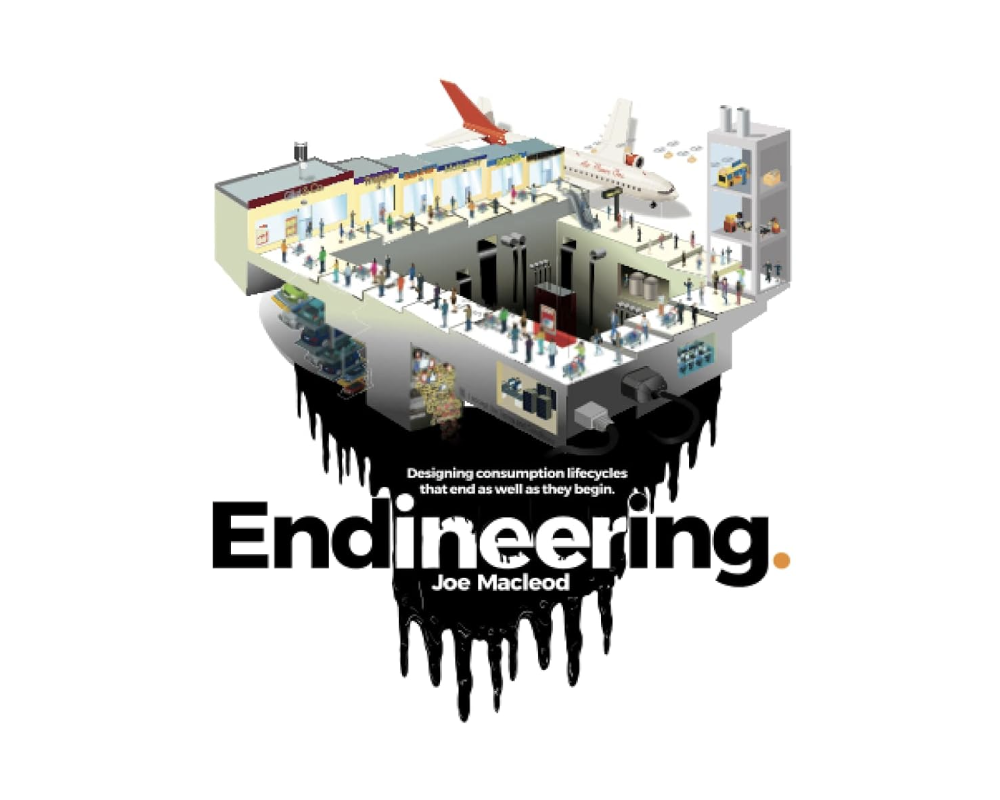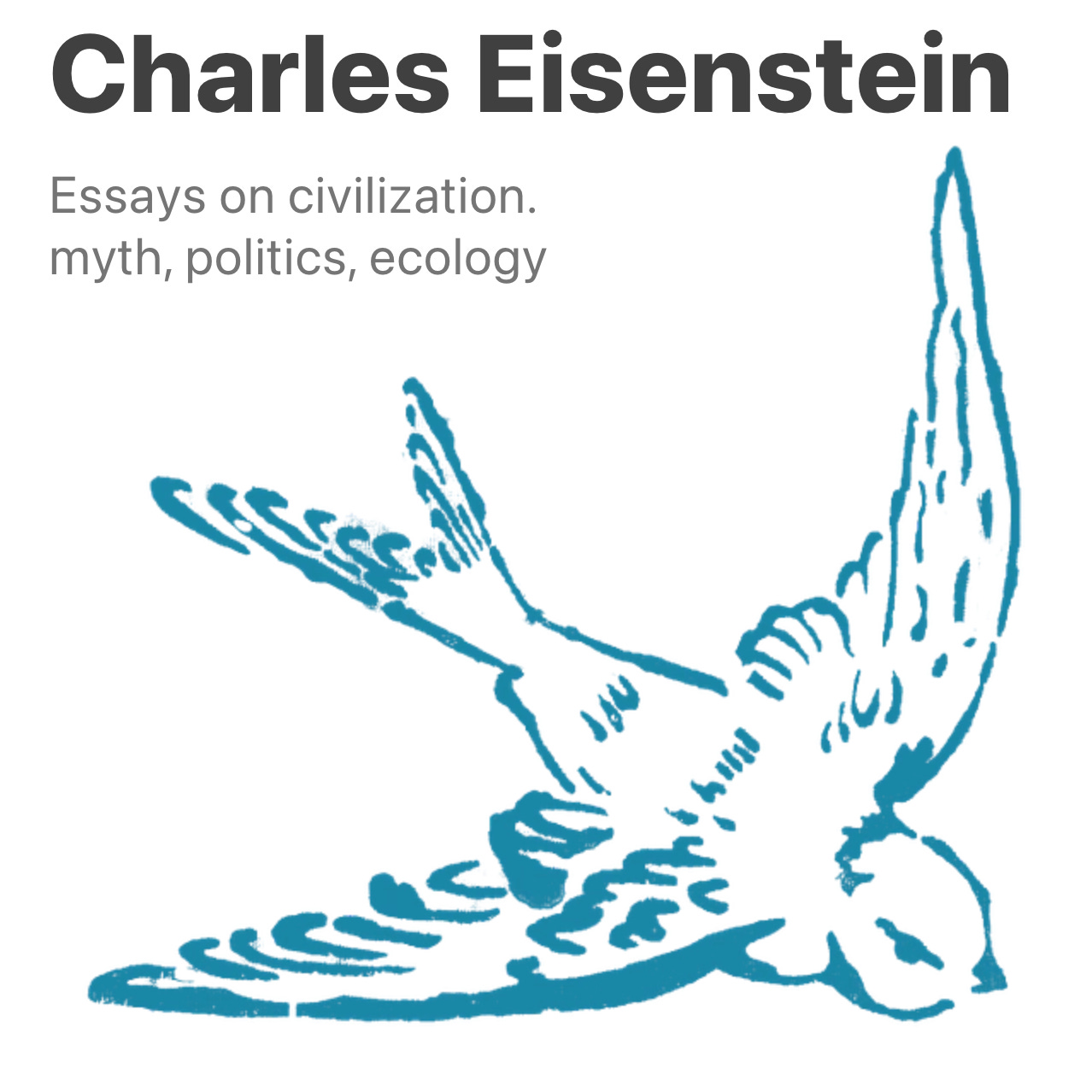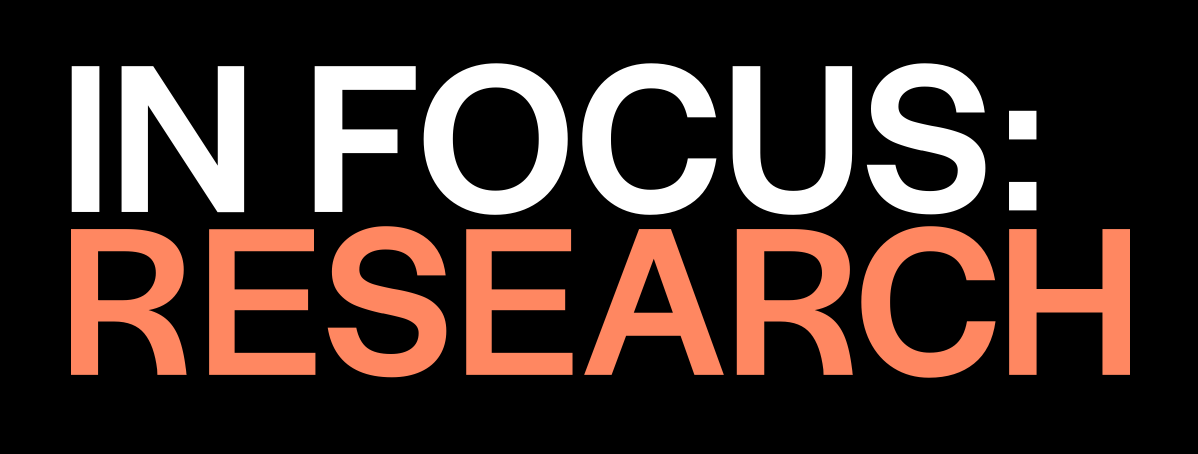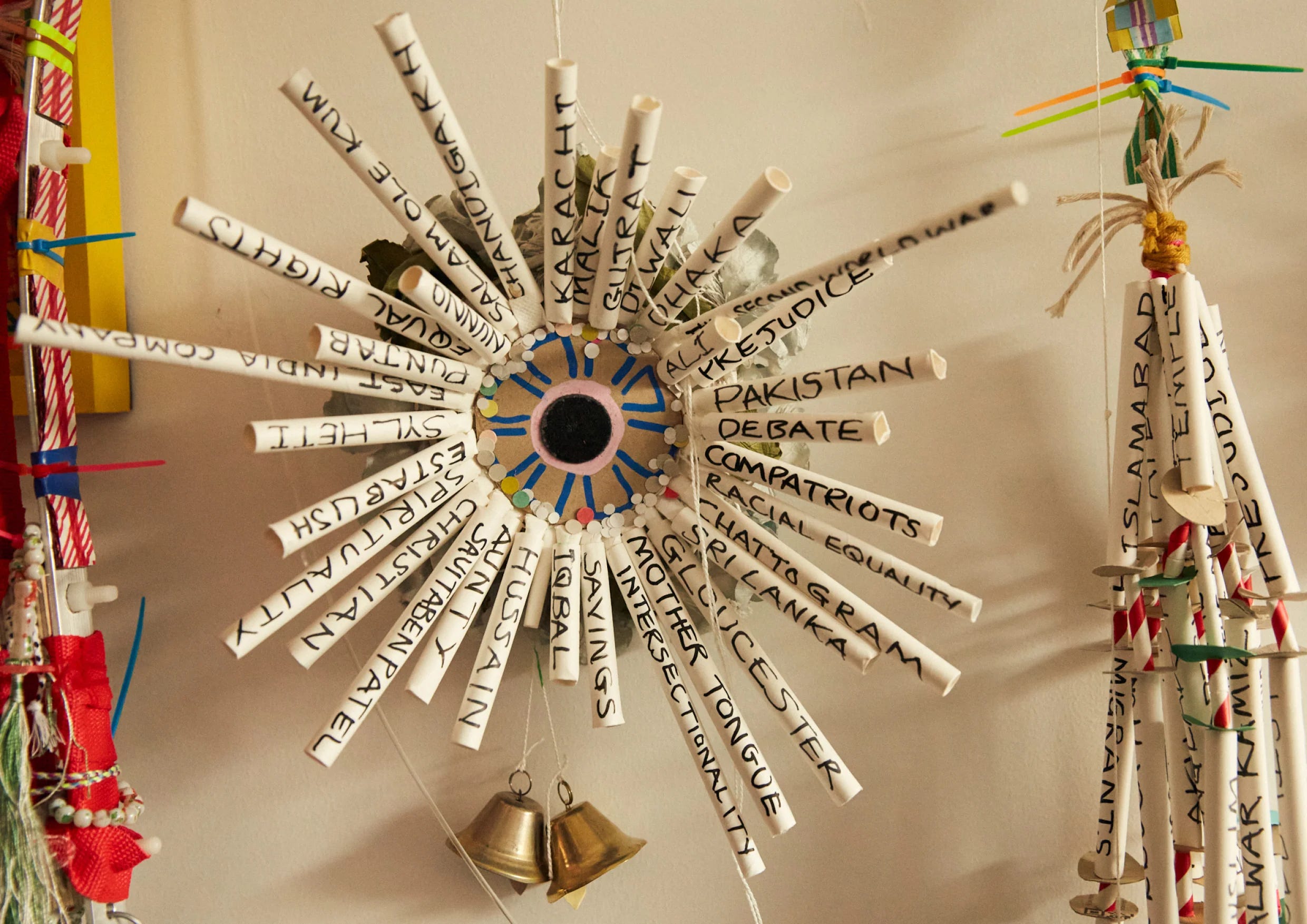
In Joe Macleod’s latest article, The 5’R’s, and why altruism is no match for marketing he reasons that the solution to a more sustainable society is to intertwine the consumer and the provider of a product in a symbiotic bond within the ‘consumer experience’ from the outset, ‘designing lifecycles that end as well as they begin’.
Traditionally, both consumer and producer have benefited from transactions without shouldering equal responsibility for the environmental impact left in their wake, whether it's plastic waste, carbon emissions, or lingering data footprints.
'In contrast, we have the industry over decades, even centuries, that deploys powerful psychological acts to trigger our selfish interests. It promotes and celebrates individual gain that satisfies short term wants.'...'The majority of people fall in to this consumer category. They buy a product because it is cheap, not because it is circular.'
Rather than just calling for stricter regulations post-transaction, he argues that we need to recognize the ‘partnership dynamic’ inherent in consumption.
"This is where bonding and responsibility needs to happen. Without doing this we are failing to attach the act of consumption as a consumer, to the impact of consumption."
Read the full thought piece here.

With a different take, Charles Eisenstein's latest article on Substack 'Machines Will Not Replace Us' looks at the bigger picture from a holistically systems based perspective, exploring the repercussions of prioritising efficiency and the quantifiable at the expense of the wisdom gained from ‘doing’…
'Our machines can never replace us — provided we recognize the limits of what they can do, and validate the importance of what they cannot. This means that a future of mass unemployment is by no means inevitable. We will have ample opportunity to perform beautiful labor, if we as a society value its fruits.’
He calls for a re-evaluation of our societal priorities, advocating for a paradigm shift that recognises the intrinsic worth of human endeavour, and for us to foster environments where we as individuals and collectives can engage in labour that is not only productive but also inherently fulfilling.
"But this is the consequence of our system, not a fundamental scarcity of resources. It was not always so. A great paradox of modern life is that, despite its unprecedented efficiency, despite the centuries of inventions to save us time, we have less time than ever. We are the first culture in history to be so poor that millions of us cannot attend to the most precious, intimate moments of life. That poverty of the sacred is the result of the obsession with the measurable."
This paradoxically points not to a fundamental scarcity of resources, but rather to systemic factors inherent in our societal structures. Has the relentless pursuit of quantifiable metrics and efficiency led us to a devaluation of the intangible, and sacred aspects of human flourishing?
Read the full piece here.

URGE Collective’s Alexie Sommer reflects on last week’s In Focus: Research Event at The Design Museum.
Indy Johar kicked off last Saturday’s In focus: Research presented by The World Arnoud and Future Observatory at the Design Museum and had the audience captivated with his inspiring vision as to how we can respond to the climate and ecological crisis.
There was a shared enthusiasm about how we are finally having the right kinds of conversations about the future, and how necessary the research that Dark Matter Labs and others in the room are undertaking.
Feifei Zhou’s beautiful intelligent illustrations ‘Between Land and Water’ are worth exploring as is the Normal Phenomena of Life platform that Natsai Audrey Chieza created to showcase the fascinating Biotechnology research by Faber Futures. Adrian Lahoud presented Second Sea that highlights the catastrophic impacts of sea level rise due to climate change, Julia King explained how low-cost, community-led sanitation projects save lives, and Eyal Weizman finished on a necessary sobering note about the research Forensic Architecture is undertaking into humanitarian violence in Gaza.
The event was the highlight of the week and re-affirms the need for the investment into design research that the Future Observatory is undertaking.
The ongoing research work by Julia King, Natsai Audrey Chieza at Faber Futures, and Indy Johar at Dark Matter Labs is free to visit at the Future Observatory Display on the second floor of the Design Museum until August 2024.
And finally The Beauty of Ephemera with Liaqat Rasul
"Anything and everything is possible. It’s difficult to process when we live in a world led by consumerism and profit, but you can be creative with very little - I’m very happy with just a stapler, felt tips and scraps of paper.”
This uplifting account by Georgia Murray delves into Liaqat’s working practises, in one example he adopts a sensorial approach to his creative workshops that he runs with the Hospital Rooms, an arts and mental health charity, engaging community through the tactility of making art.
Read the full interview on TOASTS Art and Culture Blog here.


